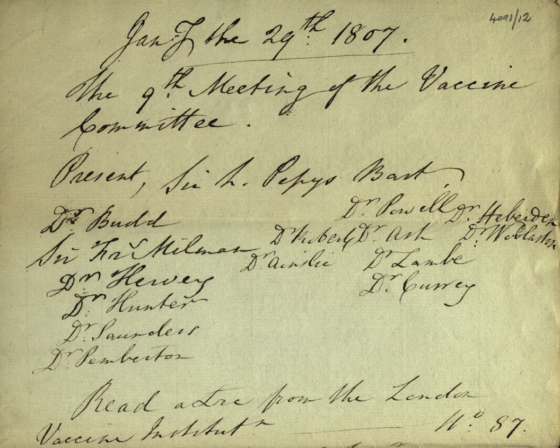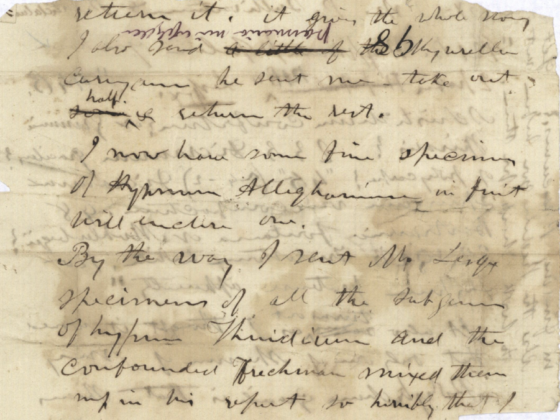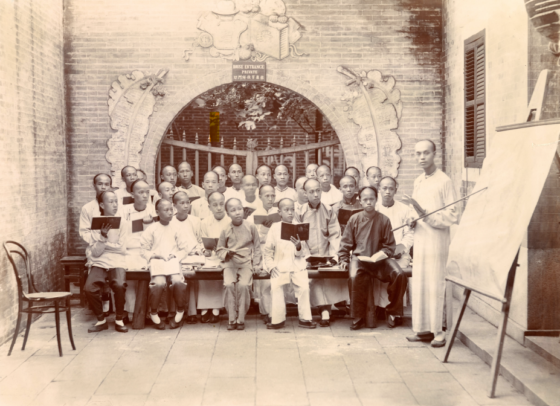What we do
Bridging the past to the future
Wiley Digital Archives restores, digitizes and catalogs the archives of some of the world’s most influential academic and scientific societies and universities, connecting the brilliant minds of the past with the researchers shaping the future.
We bring centuries-old, unique primary source content in an advanced platform, making it accessible anywhere in the world.
Our content includes the archives of the Royal College of Physicians, the Royal Anthropological Institute, the New York Academy of Sciences, the Royal Geographical Society, British Association for the Advancement of Science, and our latest archive, Environmental Science and History.
We’ve given these rare source materials a new digital life, delivering them through a proprietary platform that makes searching, sorting and sharing content easy.

Why we do it
Preserve. Restore. Respect.
Each archive tells a story of discovery and innovation in the history of Sciences—but, in the past, only those with the means to travel to the archive site benefited from this content. We make it accessible to scholars worldwide, while preserving the originals for future generations.
The process starts with conservation. It’s not unusual for our team of accredited conservators to spend as much as 750 hours repairing, restoring and cataloging archive materials prior to digitization, always leaving the materials in better shape than when we began.
Using state-of-the-art scanning technology, archival content is then transformed into clear, crisp, searchable documents and made accessible on our platform where researchers can find, group, translate, download, manipulate and share historical materials with ease.

Support teaching,
foster learning
Wiley Digital Archives makes teaching with primary source content into an engaging experience for educators and students.
Our program facilitates the development of syllabi, coursework, individual and group assignments and collaborations in which students learn not only a subject, but the value of working with primary sources.
Intuitive and user-friendly, our platform fosters learning in a digital environment that supports education, powers the virtual classroom, and enhances distant teaching.

Wiley Digital Archives combines unique primary source content with advanced platform technology
Exclusive content

Over 90% of our content is not available in a digital format anywhere else.
Focus on STEM History

This is the only archival program focused on History of Science, History of Technology and Natural History.
Built for research

Our technologically advanced platform embedded with leading digital humanities tools is designed for research efficiency.
Powers teaching

Our program powers the virtual classroom and makes teaching with primary sources into a seamless experience.